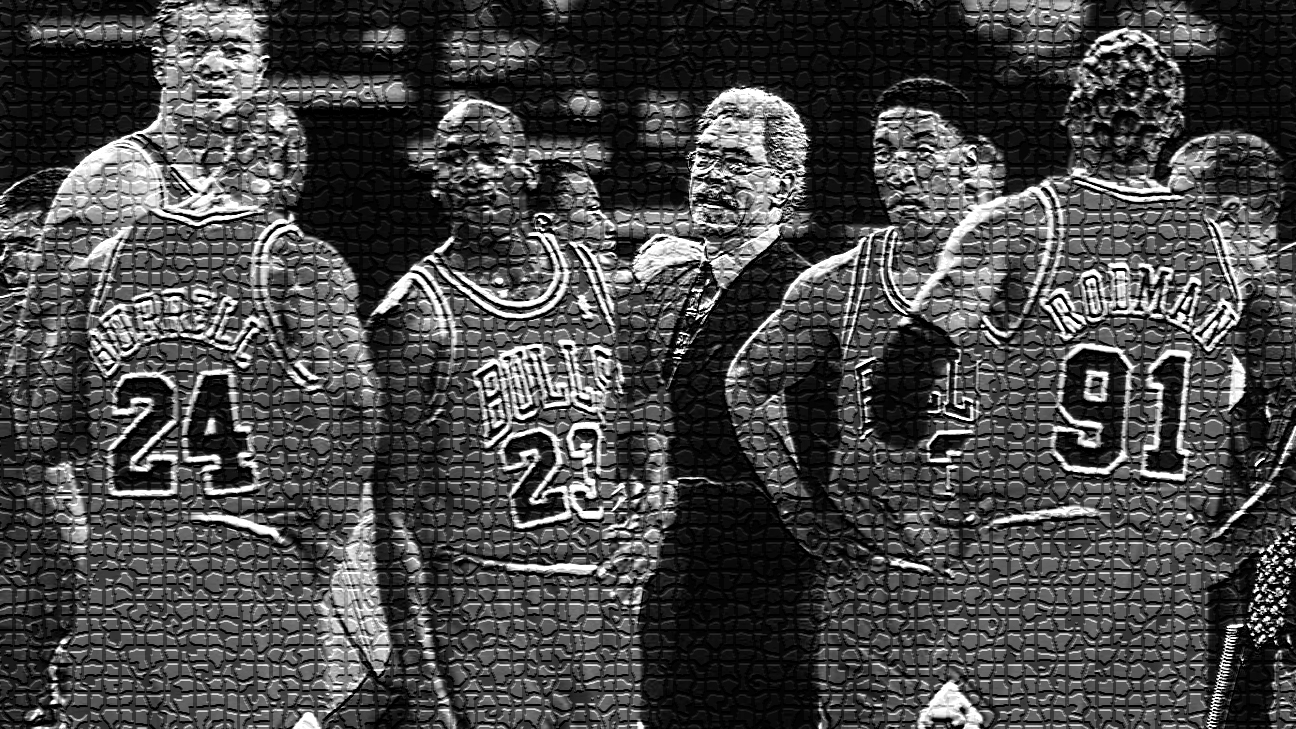Not everyone on a team is there for the same cause!
Understanding what drives individuals on a team is critical to success.
It helps contextualise their motivations and how best to engage them.
In our work to date, we have found three key drivers or “raisons d’etre”: Purpose, People and performance.
PURPOSE
What is our Why? That higher pursuit? Our Cause?
I want to work for a ‘for purpose’ organisation!
And whilst this may seem like a recent phenomenon, it’s been a driver for centuries.
A powerful purpose makes martyrs out of everyday men and women.
History is littered with stories of people embarking on dangerous journeys into the unknown to discover new regions, climb the highest mountains, become missionaries in dangerous lands, sacrifice their lives for social justice, or hand out How to Vote Cards on election day.
Purpose is why we have more than four million volunteers in Australia.
Reflecting on that great Chicago Bulls team that won six championships in eight years, one can’t help but turn to its legendary head coach Phil Jackson as one who, amongst other things, gave each individual and the team as a whole a clear purpose.
Reading his many books and interviews, the common theme to his success was his ability to have his team be personally in service or pursuit of something greater than themselves. To find their flow, as he called it.
PEOPLE
There are others, however, who are driven by the human experience. The deep relationships that bond us together. Engagement.
The miracle of teams where we rely on each other’s strengths.
Interdependence through trust and vulnerability.
The locker room!
On watching One Giant Leap, ABC’s two-part document on Luc Longley, the pivotal point in his basketball journey after the 88 Olympics was best expressed by himself: “I cared about my team-mates more than I cared about winning. So, therefore winning became how to reward them. So that’s part of, I think, what drove me to be good.”
It’s the athletes who prioritise people and authentic human relationships who, on retirement, say they’ll miss the locker room a lot more than the rings, the fame or the money.
PERFORMANCE
Naturally, there are those who rate the importance of winning far higher than all else.
Not always transactional, but certainly results-driven.
We’re here to win…at all costs.
Michael Jordan!
As so well documented in The Last Dance, Jordan was there to win.
The unvarnished nature of his determination to win was self-evident, even confronting.
If a teammate could help him get there, he was accepted and encouraged. If he could not, there were consequences.
And winning, he did.
HOW TO ENGAGE?
As a leader, manager or coach, it is critical to understand the key reason individuals are on a team. Those drivers are not the only drivers but the primary ones. They require differing ways of engagement.
- For purpose-driven individuals, it helps to share in detail the mission and the reasons why. Who will benefit? How will we change the world? How will your contribution help us get there?
- People-driven individuals will have a lower tolerance for bad behaviour, transactional teammates, takers, and leavers. High on sentimentality, they tend to stay longer in teams with good culture or deep relationships – even if the team is not winning or the work is mundane. Protecting who is on the team, the team culture and authenticity is important for them.
- Performance-driven individuals must know the scorecard (individual) and the scoreboard (team). They need to know how they are performing. What are my results? Are we winning? In the absence of a scoreboard or even with it, Performance-driven individuals have a higher need for recognition – feedback both good and bad.



